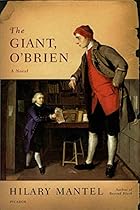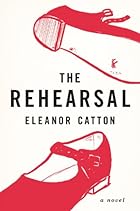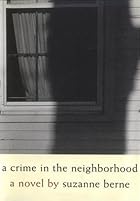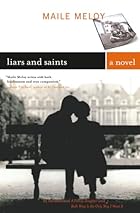 The Giant, O'Brien
The Giant, O'BrienBy Hilary Mantel
Why does Hilary Mantel get nominated for so many literary awards? Quite simply, she can evoke a time and place like no one else. To say she can write is an understatement. As I finished my latest Mantel selection, The Giant, O'Brien, I literally put the book on my lap and sat in wonderment for a few minutes. She's not just a writer; Hilary Mantel is an artist, and The Giant, O'Brien is proof of her talents.
The Giant, O'Brien is loosely based on two historical figures: Charles Byrne, an Irish Giant whose bones are on display at the Museum of the Royal College of Surgeons, and John Hunter, a Scottish anatomist. In this book, Charles Byrne is represented by the fictional Charles O'Brien. O'Brien travels to London to make money so he can restore Mulroney's, a pub in Ireland that was a favorite spot among storytellers. O'Brien was illiterate, but he had an amazing knack for storytelling, drawing from ancient stories of Ireland. O'Brien was surrounded by a motley crew of men, who leached off O'Brien and looked for every opportunity to exploit the giant for profit.
Enter John Hunter, a curious surgeon, whose thirst for knowledge resulted in grave robbing, inflicting paupers with diseases and even using his own body to study syphilis. Hunter sees O'Brien as a unique specimen and becomes determined to acquire O'Brien's corpse for study. Lucky for him, O'Brien's entourage is ready to help.
Set in late 18th century London, The Giant, O'Brien shows the reader the horrors of poverty during this time. Prostitution, thievery, drunkedness and fist fights were common events in poverty-stricken London, and we see it all through O'Brien's gentle eyes. Juxtaposed with the poverty is the quest for medical knowledge through John Hunter's character. Everyone in this book was after the same thing - a better life - whether that meant new explorations of the human body, or a place to unwind and tell stories.
It took some time for me to settle into Mantel's writing style, but once I did, I embarked on an unforgettable tale about greed, poverty and the human spirit. I highly recommend The Giant, O'Brien to people who enjoy reading high-quality literary fiction. This book definitely showcases the artistic talents of Hilary Mantel. (
 )
)

 )
)


 )
)






 )
)





 )
)

 )
)


